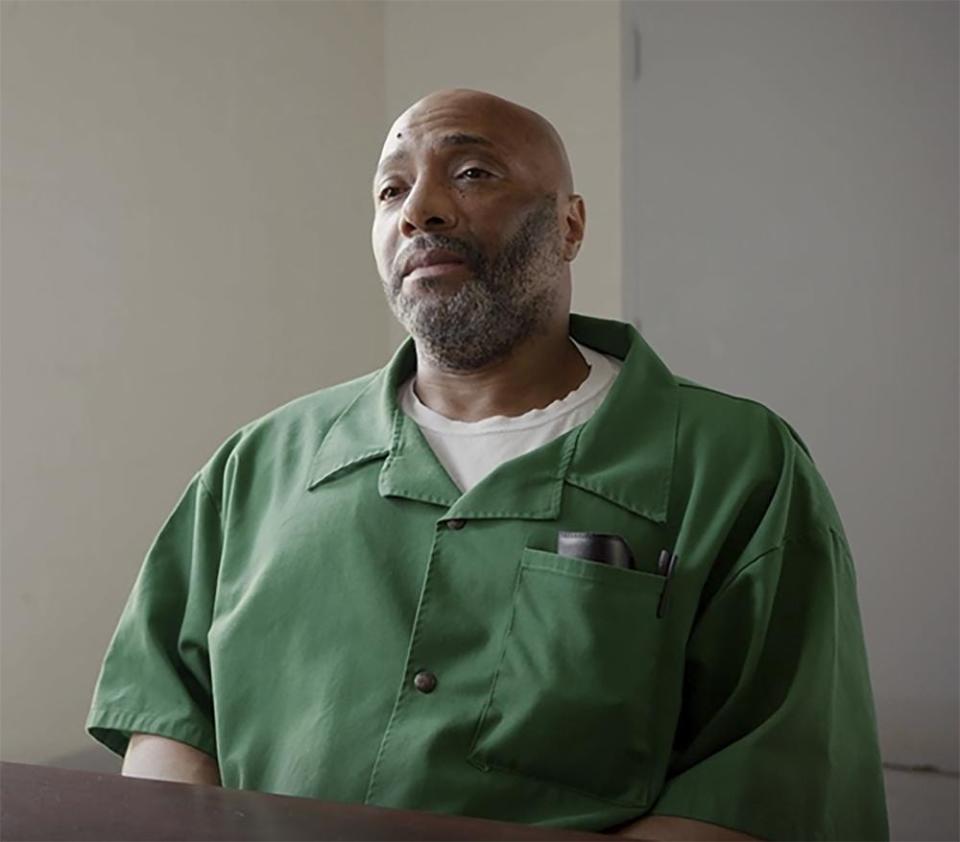Supreme Court grants motion to stay execution of Spartanburg's Richard Moore
The South Carolina Supreme court has granted a temporary stay for the execution of Spartanburg's Richard Moore previously scheduled for April 29.
Last Friday, Moore was the first inmate on SC's death row to select the state's newly established firing squad option.

In a statement to the South Carolina Supreme Court regarding his election, Moore wrote:
"I do not believe or concede that either the firing squad or electrocution is legal or constitutional. I do not believe the Department should be allowed to certify that a statutorily prescribed method, such as lethal injection, is unavailable without demonstrating a good faith effort to make it available. However, I more strongly oppose death by electrocution. Because the Department says I must choose between firing squad or electrocution or be executed by electrocution I will elect firing squad."
In May 2021, Gov. Henry McMaster signed a bill that amended the state’s death penalty statute to make electrocution the primary method of execution and added the firing squad as a third option. The amendment made South Carolina the only state to make execution by electrocution the default and the fourth to add a firing squad option, along with Utah, Mississippi and Oklahoma.
Previously: Spartanburg man scheduled for South Carolina's first execution with firing squad as option
What we know: Death penalty case of Spartanburg County's Richard Moore
The statute remains that lethal injection is an option but added: “if it’s available at the time of election.” South Carolina has been unable to obtain drugs needed to carry out executions by lethal injection since 2013 when its last supply expired.
Attorneys representing Moore, as well as Greenville's Brad Keith Sigmon and Freddie Eugene Owens, are now challenging the constitutionality of the state's amended death penalty statute in court.
Last week, South Carolina Circuit Judge Jocelyn Newman denied a motion to dismiss a state lawsuit against SCDC and McMaster on the issue.
"I think that to grant a motion to dismiss, and dismiss the case at this juncture, would be inappropriate," said Judge Newman following her decision. "This is an issue that has never been decided by a South Carolina court, and for me to dismiss this matter at this time would be to tell Mr. Owens, Mr. Sigmon, Mr. Moore and Mr. Terry, that you're not entitled for a court to decide it."
Moore's attorneys have also filed a federal lawsuit on his behalf stating that execution by electrocution or firing squad violates the Eighth Amendment.
Moore was sentenced to death on October 22, 2001, after he was convicted for the murder of James Mahoney, 42, at Nikki’s Speedy Mart in Spartanburg on Sept. 16, 1999. At this stage, Moore has exhausted all avenues for an appeal for his case in the state courts.
Attorneys filed for relief on Moore’s behalf to the state Supreme Court on the basis that a death sentence was disproportionate to his crime. The relief was denied despite a 14-page dissent from Justice Kaye G. Hearn. In her dissent, she wrote the state’s system was broken.
Hearn wrote that “by improperly focusing on whether the crime committed by Moore meets the legal definition of armed robbery, the majority completely loses sight of the vast difference between a ‘robbery gone bad’ and a planned and premeditated murder.”
This is a developing story. Check back for more information.
Kathryn Casteel is an investigative reporter with The Greenville News and can be reached at KCasteel@gannett.com or on Twitter @kathryncasteel.
This article originally appeared on Herald-Journal: Supreme Court grants motion to stay execution of South Carolina man

